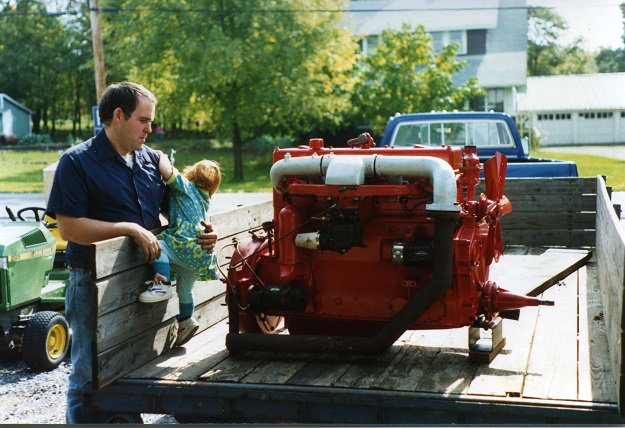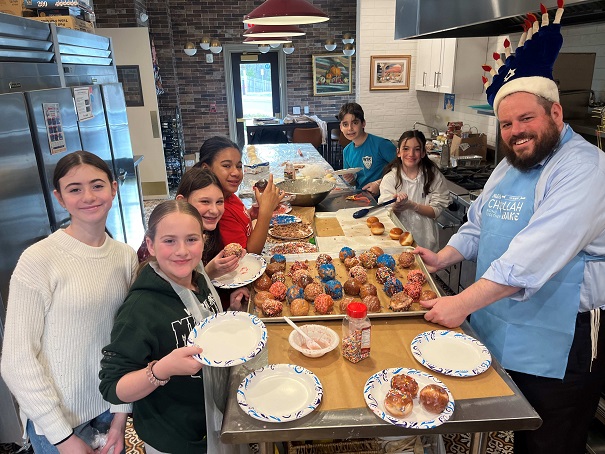by Suzyn Barron, President of Warwick Valley Humane Society
 Did you know January is Adopt a Rescued Bird Month? Considering the fact that 9.9 million households in the United States own pet birds, according to the latest American Pet Products survey, it is no wonder that birds have a dedicated month to raise awareness of the need to promote bird adoptions. Obviously, the fascination for beautiful birds has never died out. Yet, bird rescue organizations and some shelters are inundated with these feathery friends for similar reasons as other homeless pets.
Did you know January is Adopt a Rescued Bird Month? Considering the fact that 9.9 million households in the United States own pet birds, according to the latest American Pet Products survey, it is no wonder that birds have a dedicated month to raise awareness of the need to promote bird adoptions. Obviously, the fascination for beautiful birds has never died out. Yet, bird rescue organizations and some shelters are inundated with these feathery friends for similar reasons as other homeless pets.
Owning a bird can be exciting and enjoyable to hear their singing, tweeting and in some cases, screaming. They can be a companion to talk to and some even talk back, depending on what you taught them! They build strong ties with their humans and will look forward to spending time with them.
But there are so many things to consider regarding bird ownership, hopefully before deciding to do so. No doubt they are visually appealing with their bright coloring and patterns. Some breeds are highly intelligent and trainable. And they can outlive you with many breeds living 50 to 80 years if healthy and cared for properly and others beyond 100 years. This is a very real consideration when buying or adopting one of these long-lived birds.
Birds do not need vaccinations or frequent health checkups as long as they are healthy, eating a proper diet, have a clean environment and getting mental and physical exercise. Not all veterinarians are avian specialists either. The size of the cage is dependent on the person’s living arrangement because the size of the bird dictates the size of the cage which is often much bigger than anticipated. Doing one’s research and homework before having a pet bird is critical to the well being of the bird. Pet stores too often sell cages that are much too small for companion animals.
Then there is the question: to clip or not to clip. Clipping the wings entails removing the flight feathers which will prevent the bird from taking flight (a safety precaution so they cannot fly out or into the windows or other indoor perils like ceiling fans), though they can flutter to the ground. On the other hand, clipping wings deprives a bird of its ability to fly, taking away its freedom and primary source of natural movement causing physical and psychological damage with its loss of exercise and mental stimulation, so say others.
While there’s no such thing as a no-maintenance bird, some pet bird species are easier to care for than others. These birds are on the smaller side, which means they typically make less of a mess than large birds do. And while some prefer ample socialization with their favorite humans, others are happy entertaining themselves with toys or other bird friends. Several of these birds can live for 10 years or longer. So even if your bird’s day-to-day care is minimal, it’s still a substantial commitment to the present and future life of the bird.
“A bird does not sing because it has an answer. It sings because it has a song” – Chinese proverb.
Pet of the Week







